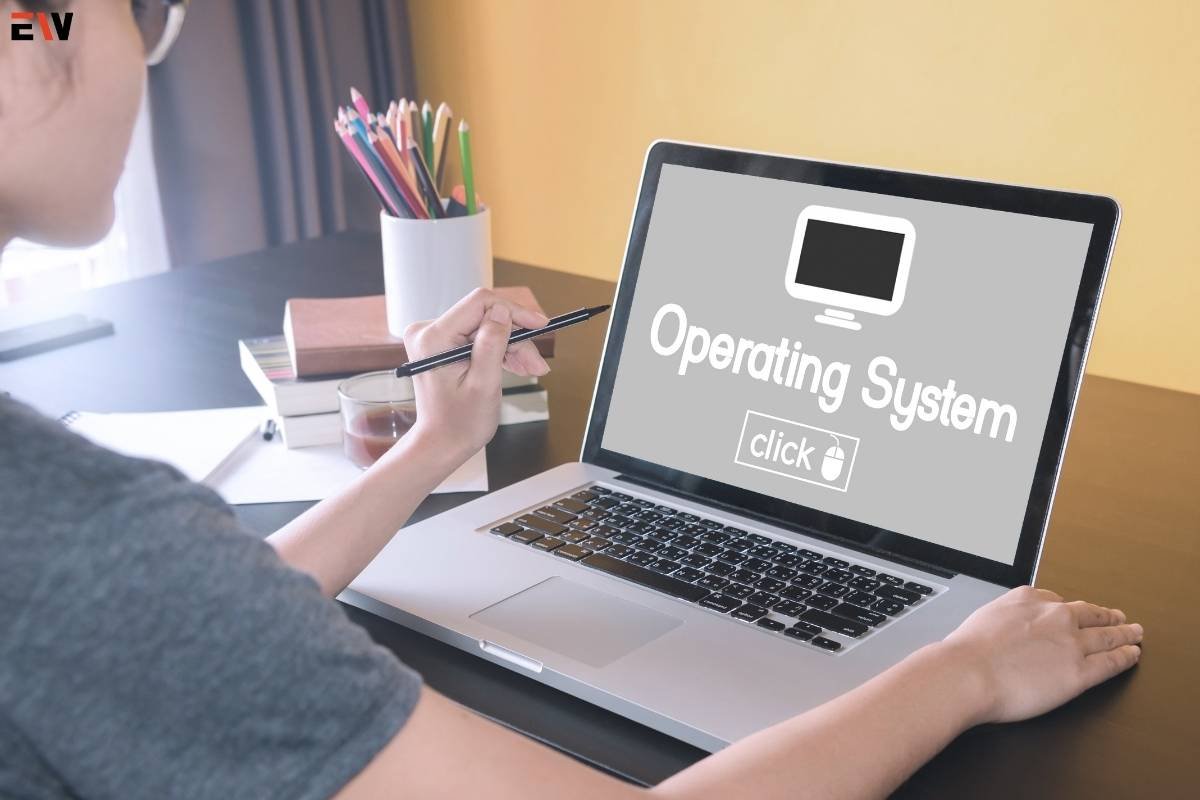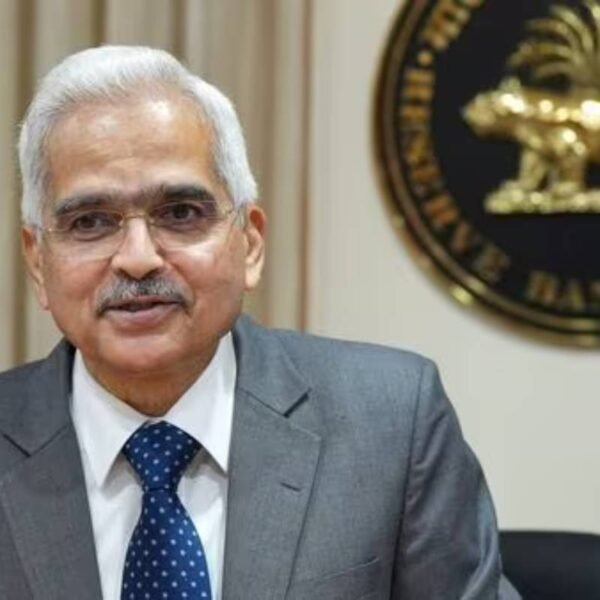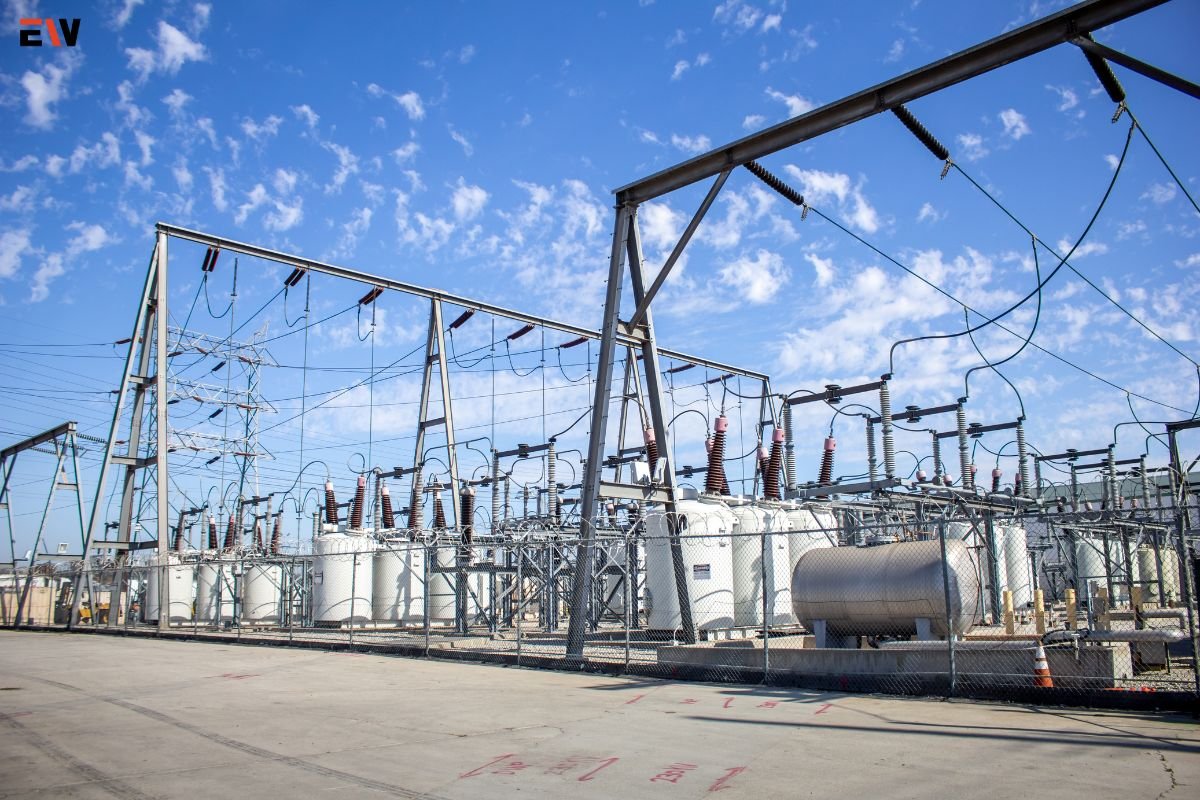Desktop operating systems are the unsung heroes who enable our digital experiences in the world of personal computing. They are the unseen motors that let us unleash our creativity, productivity, and pleasure on our faithful PCs. With so many alternatives, it’s critical to understand which desktop operating systems are the most popular and widely used throughout the world. We’ve taken you on a tour through the six most popular desktop operating systems, focusing light on their unique features and functions.
So, whether you’re a creative professional, a business enthusiast, an avid gamer, or simply someone seeking a seamless and enjoyable computing experience, rest assured that there’s a desktop operating system out there perfectly suited to accompany you on your digital journey.
Here are the 6 most popular desktop operating systems in the world for you!
1. Windows 7

While Windows 7 is an older operating system that reached its end of life in January 2020, it still holds a significant presence in the desktop operating system landscape. Many users and organizations continue to use Windows 7 due to its stability and familiarity.
Windows 7 offers a classic Windows experience with a straightforward user interface. It’s known for its compatibility with older software and hardware, making it an ideal choice for businesses that rely on legacy applications.
However, it’s important to note that Windows 7 is no longer receiving security updates from Microsoft, making it less secure than more recent operating systems. Users and organizations still using Windows 7 should consider upgrading to a more secure and up-to-date OS.
2. Windows 10
Windows 10, developed by Microsoft, has long been one of the most popular desktop operating systems globally. Despite its successor, Windows 11, being released, Windows 10 continues to hold a substantial market share. This is primarily because Windows 10 offers a familiar user interface and robust compatibility with a wide range of software and hardware.
One of the standout features of Windows 10 is its user-friendly interface. It combines the best elements of Windows 7 and Windows 8, providing a comfortable and efficient user experience.
The Start Menu, which made a comeback in this version, offers quick access to frequently used apps and files. Windows 10 also boasts excellent gaming capabilities, with support for DirectX 12 and compatibility with a vast library of PC games. It’s a preferred choice for gamers worldwide.
3. Windows 11

Windows 11, the successor to Windows 10, has quickly gained popularity since its release. It introduces a fresh and modern interface, with a cantered Start Menu, an improved taskbar, and rounded corners throughout the operating system.
One of the standout features of Windows 11 is its enhanced gaming capabilities. It supports technologies like Direct Storage, which significantly reduces loading times in games, and Auto HDR, which improves the visual quality of compatible games. These features make Windows 11 a compelling choice for gamers.
Furthermore, Windows 11 emphasizes productivity with features like Snap Layouts, Snap Groups, and virtual desktops, making multitasking and organizing open windows more straightforward than ever.
4. MacOS (Apple)
Apple’s MacOS is the operating system that powers Macintosh computers, including the MacBook, iMac, and Mac Pro. Known for its sleek and intuitive design, MacOS has a dedicated user base that appreciates its user-friendly interface and seamless integration with other Apple devices and services.
One of the key strengths of MacOS is its stability and security. Apple places a high emphasis on protecting user data and regularly releases updates to patch vulnerabilities. Additionally, the App Store on MacOS offers a wide selection of applications, making it easy to find and install software.
5. Linux (Ubuntu)

Linux, an open-source operating system, has a dedicated user base of tech enthusiasts, developers, and businesses worldwide. While Linux itself comes in various distributions, Ubuntu is one of the most popular and user-friendly versions.
Ubuntu is known for its stability, security, and extensive software repositories. It’s particularly popular among developers due to its robust command-line interface and support for a wide range of programming languages and tools.
Additionally, Ubuntu offers long-term support (LTS) versions that receive updates and security patches for five years, making it a reliable choice for businesses and organizations.
6. Chrome OS (Google)
Chrome OS, developed by Google, is a unique desktop operating system that powers Chrome books and Chrome boxes. It’s designed for simplicity and speed, making it an excellent choice for users who primarily use web-based applications and services.
One of the standout features of Chrome OS is its lightning-fast boot times and automatic updates. Chrome books are known for their affordability and low maintenance, making them a popular choice in the education sector and for users who want a hassle-free computing experience.
Conclusion
In a nutshell, Windows is a familiar face in the crowd, and offers a wide range of software compatibility and gaming options. It’s like that trusty pair of jeans that go with everything. MacOS, on the other hand, presents itself as the sleek and stylish choice, known for its elegant design and seamless integration with Apple hardware. It’s the personalized outfit that fits you perfectly.
If you’re looking for flexibility and the power to customize your experience, Linux is your canvas. It’s like an artist’s palette, allowing you to mix and match your tools as you see fit. Chrome OS takes the minimalist approach, offering simplicity and speed.
Ubuntu provides the dependability aspect to the table, similar to a reliable pair of shoes. And, while taking a few steps back, Windows 7 is still reminiscent of that iconic old piece in your collection, providing a sense of nostalgia and comfort.
In the case of desktop operating systems, it’s similar to choosing your travel partner for a grand adventure, who understands your needs, compliments your style, and enhances your overall experience. It’s all about finding a perfect match.
So, whether you’re a gamer seeking high performance, a professional focused on productivity, a security-conscious user, or someone who simply wants a hassle-free experience, these six popular desktop operating systems have you covered. Dive into the world of operating systems, explore their nuances, and choose the one that resonates with you. Your digital journey is waiting, and the right operating system is your passport to a world of possibilities.









